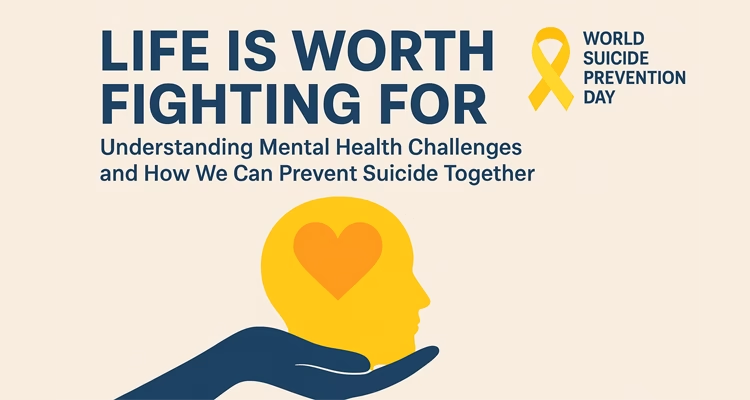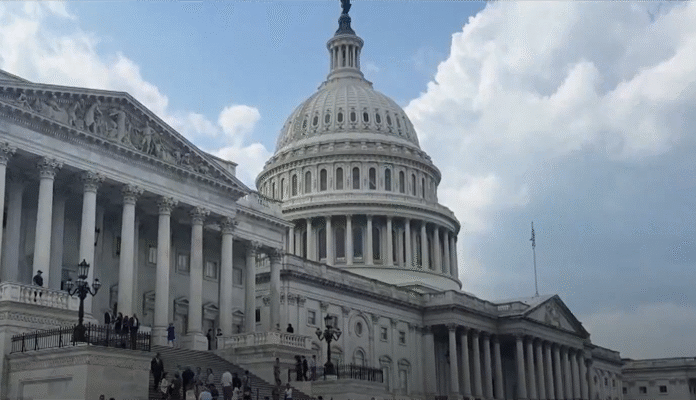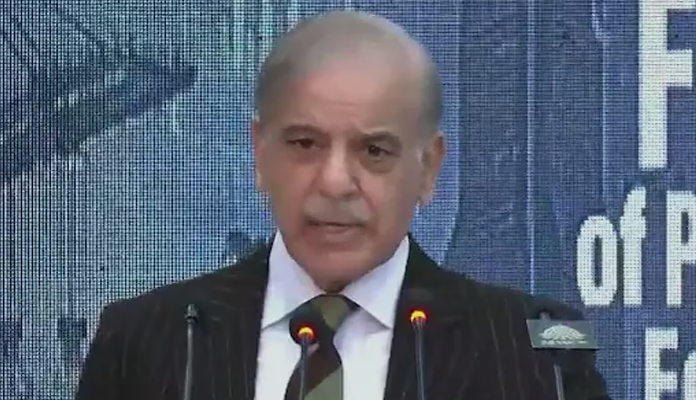 Life Is Precious
Life Is Precious
10th September is observed as World Suicide Prevention Day, established in 2003 by the International Association for Suicide Prevention (IASP) in collaboration with the World Health Organization (WHO). The day aims to draw global attention to the issue of suicide, reduce stigma, raise awareness, and promote efforts by governments, organizations, and the public to send a clear message: suicide can be prevented.
What Is Suicide and Why Is It a Global Concern?
Suicide refers to the act of intentionally taking one’s own life. The World Health Organization estimates that nearly 3,000 people die by suicide every day worldwide. For every completed suicide, there are approximately 20 or more suicide attempts. Family members and close friends of those who die by suicide form a high-risk group, often deeply affected by grief and psychological distress.
Suicide transcends all boundaries—age, economic status, social background, gender, race, and ethnicity. Although it affects all age groups, it is most commonly observed among teenagers and young adults. What many fail to realize is that a suicide attempt does not necessarily reflect a desire to die, but rather signals intense emotional pain and a lack of coping mechanisms.
Globally, around 700,000 people die by suicide every year. For every suicide, many more struggle with serious suicidal thoughts, impacting millions of families and communities. The causes of suicide are complex, involving a combination of individual and social factors, including mental health conditions such as depression, genetic vulnerability, poverty, unemployment, debt, and educational pressures.
In India, more than 1.5 lakh people died by suicide in 2020. Alarmingly, suicide rates are higher among daily wage earners, businesspersons, and farmers. Studies suggest that frequent occurrences of suicide pacts and family suicides often represent protests against outdated societal norms and pressures. Furthermore, over 90% of individuals who die by suicide suffer from some form of mental illness.
The ongoing COVID-19 pandemic has exacerbated the problem. The widespread fear, uncertainty, isolation, and financial distress caused by the pandemic have contributed to a rise in mental health challenges and suicidal tendencies.
Legally, in India, attempted suicide is a punishable offense under Section 309 of the Indian Penal Code, which states:
“Whoever attempts to commit suicide and does any act towards the commission of such an offense shall be punished with simple imprisonment for a term which may extend to one year, or with a fine, or with both.”
However, experts argue that criminalizing suicide attempts discourages individuals from seeking help, and call for a shift toward more compassionate, health-centered approaches.
What Can Be Done?
Depression and suicidal behavior are pressing public health concerns that demand urgent attention. Friends and family play a critical role in providing emotional support to individuals at risk. Recognizing warning signs such as withdrawal, extreme mood swings, and expressions of hopelessness can help prevent potential tragedies.
There is an urgent need for India to develop a comprehensive national suicide prevention plan. Those struggling with suicidal thoughts or deteriorating mental health must be encouraged to consult mental health professionals. Every suicide threat or attempt must be treated with the utmost seriousness.
A Call for Awareness and Action
By promoting mental health awareness, providing access to counseling services, offering social support, and removing the stigma surrounding mental illness, we can create a more compassionate and understanding society. Together, we can reduce the incidence of suicide and ensure that life is always worth fighting for.
(Written by Vinod Chandrashekhar Dixit)





